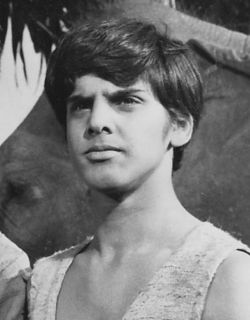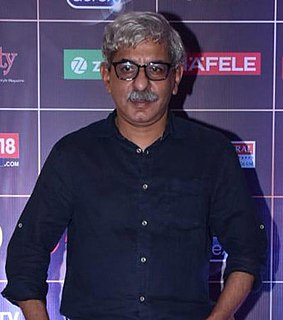A Quote by Michael Haneke
You cannot hurt animals, so what do I do? I kill the dog first. Then I do it with the boy. You're not supposed to break the illusion of this being a film, so I make the actor talk to the audience. Provocation is the principle of the whole film [ Funny Games]. It is very ironic.
Related Quotes
I can understand that an audience, buying a ticket to see a picture of mine, wants to see something funny because they feel confident that at least I have a fighting chance to make a funny film when I make a film, whereas if I make a dramatic film there's one chance in a thousand that it's really going to come out great, so I understand how they feel about that and they're completely right.
In 2013, I had to do 'The Wright Stuff' on about an hour's sleep. I was asked, 'What do you make of the situation in Mali?' and I said, 'Well, I've not seen the film but I know the dog dies in the end.' They were talking about the civil war, and the whole audience took an inward breath. I thought, 'Should I not have revealed the end of the film?'
If a dog is biting a black man, the black man should kill the dog, whether the dog is a police dog or a hound dog or any kind of dog. If a dog is fixed on a black man when that black man is doing nothing but trying to take advantage of what the government says is supposed to be his, then that black man should kill that dog or any two-legged dog who sets the dog on him.
What's nice about writing and making films is that being able to see a film from the outside - from the inception through production and then completion - just informs what you're doing when you're an actor. And when you're an actor, it informs the decisions you make when you're making a film. It's using two different sides of your personality.



































